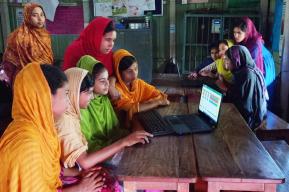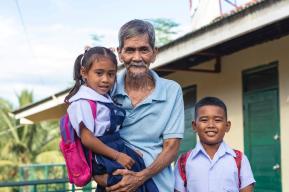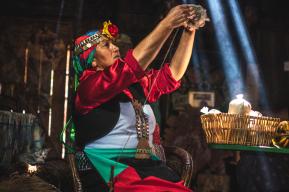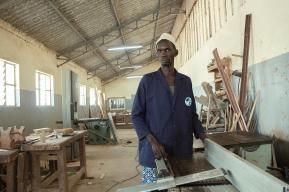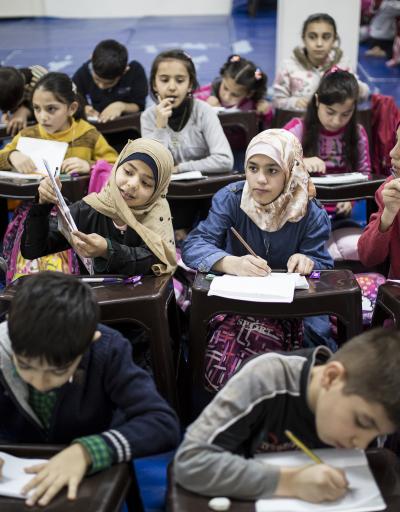
International Mother Language Day
The idea to celebrate International Mother Language Day was the initiative of Bangladesh. It was approved at the 1999 UNESCO General Conference and has been observed throughout the world since 2000.
UNESCO believes in the importance of cultural and linguistic diversity for sustainable societies. It is within its mandate for peace that it works to preserve the differences in cultures and languages that foster tolerance and respect for others.
Multilingual and multicultural societies exist through their languages which transmit and preserve traditional knowledge and cultures in a sustainable way.
Linguistic diversity is increasingly threatened as more and more languages disappear
Globally 40 per cent of the population does not have access to an education in a language they speak or understand. Nevertheless, progress is being made in multilingual education with growing understanding of its importance, particularly in early schooling, and more commitment to its development in public life.
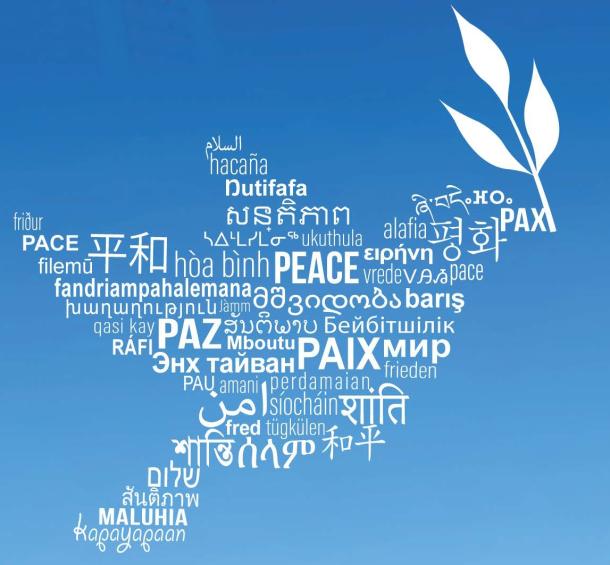
"The scientific studies are clear: learning in one’s mother tongue is essential to success at school. This boosts self-esteem, awakens curiosity from an early age, and facilitates cognitive development." (...) "Advocating multilingualism in schools also means preserving and promoting linguistic plurality, especially with regard to languages which have only a few remaining speakers."

2024 celebrations
The theme of International Mother Language Day celebration 2024 is “Multilingual education is a pillar of intergenerational learning”. Today, 250 million children and young people still do not attend school and 763 million adults do not master basic literacy skills. Mother tongue education supports learning, literacy and the acquisition of additional languages.
The event organized by UNESCO will include two panel discussions on multilingual education as a key component of quality learning. Join the event on 21 February (10am-1pm Paris time) at UNESCO Headquarters or watch the event live.
Share key messages via this social media pack.


